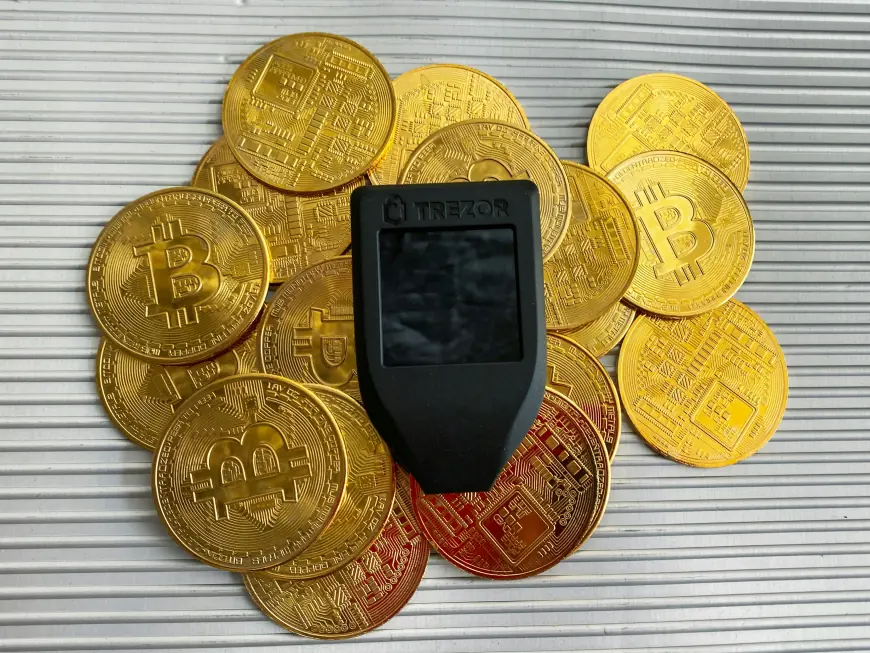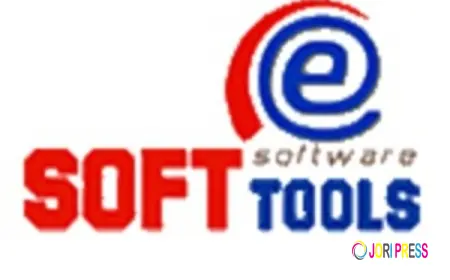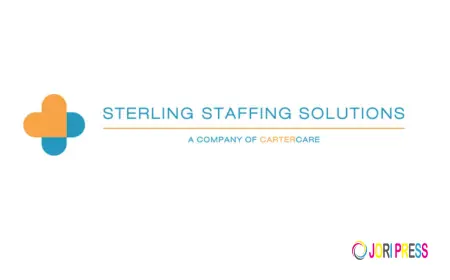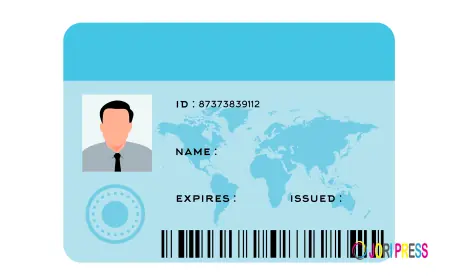How Are Wallets Powering the Next Wave of Community-Driven Finance?
Discover how digital wallets are revolutionizing community-driven finance, empowering users to engage, invest, and collaborate like never before.

The rise of community-driven finance is redefining how individuals and groups participate in the global financial system. Unlike traditional finance, which is centralized and often restricted by borders or institutions, community-driven finance is open, permissionless, and powered by blockchain technology. At the heart of this evolution lies the cryptocurrency wallet.
With rapid advances in Cryptocurrency Wallet Development, these wallets are no longer simple digital vaults. They have transformed into sophisticated tools that empower users to engage, govern, and grow within decentralized ecosystems. As community finance becomes the new frontier of innovation, wallets are emerging as the essential infrastructure that connects people to power.
The Rise of Community-Driven Finance
Community-driven finance refers to financial models that are collectively managed, decentralized, and built around shared interests. These models include Decentralized Autonomous Organizations (DAOs), decentralized exchanges (DEXs), yield farming communities, NFT collectives, and tokenized social networks.
In these systems, users are not just consumers — they are participants, stakeholders, and decision-makers. Financial power shifts from centralized authorities to the communities themselves. But for these systems to function effectively, users need secure, flexible, and accessible tools to interact with the blockchain. That’s where wallets come in.
Wallets as Digital Identities in Web3 Communities
In community-driven finance, wallets do much more than hold assets — they represent a user's digital identity. Every wallet address acts as a unique signature that verifies a person’s presence, voting power, asset ownership, and transaction history.
Instead of using email logins and centralized authentication, users connect to decentralized platforms using their wallets. This enables frictionless access to services without sacrificing privacy or control. Through integration with decentralized identity frameworks like ENS (Ethereum Name Service) or DIDs (Decentralized Identifiers), wallets can now carry custom names, credentials, and verifiable reputations across multiple platforms.
This decentralized form of identity is crucial for fostering trust and transparency in Web3 communities, where the relationship between users and protocols is direct and peer-based.
Enabling Participation and Governance
Decentralized governance is a key pillar of community-driven finance. Decisions about protocol upgrades, community grants, and resource allocation are often made through token-based voting systems. Wallets provide the mechanism through which users can participate in this process.
When users hold governance tokens in their wallet, they gain voting rights. By connecting their wallet to a DAO platform, users can directly vote on proposals, delegate their votes, or even submit proposals of their own. This creates a democratic structure where every token holder has a voice, and the community evolves through consensus rather than central authority.
Without wallets to manage and verify token ownership, this kind of transparent and decentralized governance would not be possible.
Connecting to the Social and Economic Layer
One of the most exciting developments in community finance is the rise of SocialFi — where social interactions and financial incentives are blended together on blockchain networks. Platforms built on SocialFi allow users to monetize their content, build tokenized relationships, and participate in micro-economies — all through their wallet.
Instead of following or liking in the traditional sense, users send tokens, NFTs, or badges directly to other users’ wallets. Every social action can be tied to a transaction, turning engagement into value. Crypto wallets serve as the social login, the content bank, and the payment processor all at once.
As a result, wallets become central to both personal expression and economic participation in these communities.
Interoperability Across Chains and Protocols
Community-driven finance does not live on a single blockchain. Ecosystems like Ethereum, Solana, Polygon, BNB Chain, and Avalanche each host vibrant communities. Users want the ability to move assets, interact with applications, and participate in governance across different chains without friction.
Modern wallets are responding to this need with multi-chain support. Users can now hold assets on multiple blockchains within one interface. This cross-chain compatibility allows users to interact with various dApps, participate in different communities, and make informed decisions across ecosystems — without juggling multiple tools or platforms.
Wallets with built-in bridges, token swaps, and cross-chain analytics are enabling deeper, more meaningful engagement in the decentralized world.
Mobile Wallets and Mainstream Access
A major driver of community-driven finance is its ability to reach users in regions underserved by traditional banks. In many parts of the world, people lack access to formal financial services but have smartphones and internet access. Mobile crypto wallets are bridging this gap.
These wallets offer easy-to-use interfaces, biometric logins, QR code scanning, and localized language support. In emerging markets, they are becoming the first financial tool many people use — not just to store digital currencies but to participate in DAOs, trade NFTs, and earn income through DeFi protocols.
The growth of mobile-friendly and embedded wallet solutions is lowering the barriers to entry and making decentralized finance truly global and inclusive.
Security, Trust, and Self-Custody
Security remains a top priority in any financial ecosystem. Wallets that power community-driven finance must offer high levels of protection while still maintaining user autonomy. Non-custodial wallets — where users control their own private keys — are especially important in this context.
New developments in wallet security include multi-signature support, multi-party computation (MPC), hardware integrations, and social recovery mechanisms. These innovations allow users to balance safety with usability.
In community finance, trust is not given to intermediaries — it is built into the code, protocols, and the wallet's architecture. By maintaining full control over their keys and assets, users can engage confidently in decentralized communities.
Conclusion
Crypto wallets are the core engine behind the next generation of community-driven finance. As they evolve, they are becoming more than just tools for storing and sending assets — they are transforming into identity hubs, governance platforms, social gateways, and economic drivers.
With advanced Cryptocurrency Wallet Development, wallets are unlocking powerful features like multi-chain access, DAO voting, NFT interaction, and secure mobile support. These innovations are empowering users to take part in a decentralized world where financial opportunity and ownership are truly community-driven.
If you're looking to build secure, scalable, and innovative wallet solutions for your users, WisewayTec offers expert Cryptocurrency Wallet Development Services tailored for the next wave of decentralized engagement.
Frequently Asked Questions (FAQs)
Q1: What is community-driven finance?
Community-driven finance refers to decentralized financial systems where users have collective control over assets, governance, and operations, often through smart contracts and token-based participation.
Q2: How are wallets different in Web3 compared to traditional finance?
In Web3, wallets act as digital identities, allowing users to access dApps, vote in DAOs, own NFTs, and interact socially — far beyond simple asset storage.
Q3: Can one wallet interact with multiple blockchains?
Yes, many modern wallets support multi-chain compatibility, enabling users to hold and transfer assets across different blockchain ecosystems from a single interface.
Q4: Are mobile wallets safe to use for DeFi and DAOs?
Yes, reputable mobile wallets now include advanced security features such as biometric authentication, encrypted storage, and support for non-custodial key management.
Q5: How do wallets support decentralized governance?
Wallets store governance tokens and allow users to connect to DAO platforms, where they can vote on proposals and participate in the decision-making process of decentralized communities.
What's Your Reaction?
 Like
0
Like
0
 Dislike
0
Dislike
0
 Love
0
Love
0
 Funny
0
Funny
0
 Angry
0
Angry
0
 Sad
0
Sad
0
 Wow
0
Wow
0















































